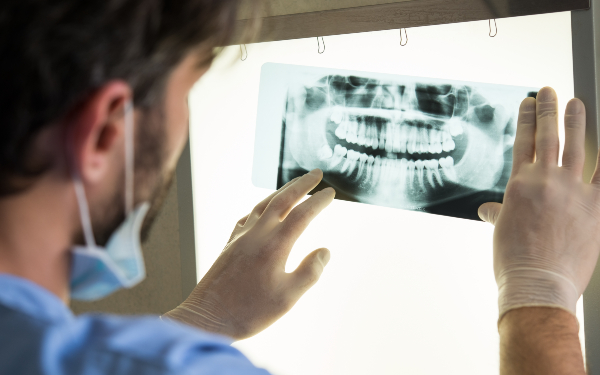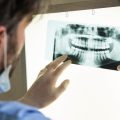
The government is pressing ahead with the use of scientific age assessments of asylum-seeking young people in the face of severe criticisms.
It has issued regulations that would permit the use of specified scientific methods to inform age assessments of asylum-seeking young people.
The law would authorise the use of X-rays of teeth and hand and wrist bones, and MRI scans of the collarbone and knee bones, as part of age assessments.
The Immigration (Age Assessments) Regulations 2023 require the explicit approval of both Houses of Parliament and, following their passage, the Home Office will lay further regulations enabling the methods to be used in age-disputed cases.
Before deciding on the methods, home secretary Suella Braverman was obliged to consult the government’s age estimation science advisory committee (AESAC), which includes experts from relevant medical disciplines, and conclude they were appropriate.
‘No age assessment method infallible’
In a report earlier this year, an interim version of the committee concluded that scientific methods should be used alongside social work assessments of age to minimise the risks of claimants being wrongly found to be adults or children.
This was on the grounds that no single method of assessment was infallible.
However, multiple organisations, including the Royal College of Paediatrics and Child Health (RCPCH) and British Association of Social Workers, have voiced strongly-worded concerns about the introduction of scientific age assessments in the UK.
These have been heightened by powers in the Illegal Migration Act 2023 allowing ministers to make regulations that would result in claimants who refused a scientific assessment without reasonable grounds being treated as adults.
This is despite the interim AESAC concluding that “no automatic assumptions or consequences should result from refusal to consent”.
Scientific checks ‘unethical’
In response to the regulations, RCPCH officer for child protection, Professor Andrew Rowland said: “Evidence shows that using x-rays to determine age can be widely inaccurate and the practice is ultimately unethical.
“It is appalling to see that the government is persisting with these plans, which hinge life-changing decisions for some of the most vulnerable young people in our society on unspecific scientific outcomes and includes exposing them to radiation.”
In a statement issued in July, BASW said: “The adoption of biological methods violate long-standing rights in relation to informed medical consent, offer no real advantages in assessing age and produce a procedural quagmire of unallocated responsibilities.”
National Age Assessment Board
Age assessments have historically been the responsibility of local authorities and carried out by their local authorities.
However, in March, the Home Office’s National Age Assessment Board (NAAB) started operating in London and the West Midlands.
The NAAB’s role is to review local authority assessments and carry out its own, either through direct referral from councils or where the home secretary doubts the authority’s conclusion as to a young person’s age, with the board’s verdict being final.
The Home Office wants the board to carry out a significant proportion of those currently conducted by councils. However, the department has struggled to recruit social workers to the board, with just 40% of the required complement in post as of April, a year after recruitment started.





 Family help: one local authority’s experience of the model
Family help: one local authority’s experience of the model  ‘I spent the first three months listening’: how supportive leadership can transform children’s services
‘I spent the first three months listening’: how supportive leadership can transform children’s services  How senior leaders in one authority maintain a culture of excellence
How senior leaders in one authority maintain a culture of excellence  How staff support ensures fantastic outcomes for children and families
How staff support ensures fantastic outcomes for children and families  Workforce Insights – showcasing a selection of the sector’s top recruiters
Workforce Insights – showcasing a selection of the sector’s top recruiters 

 Facebook
Facebook X
X LinkedIn
LinkedIn Instagram
Instagram
Comments are closed.